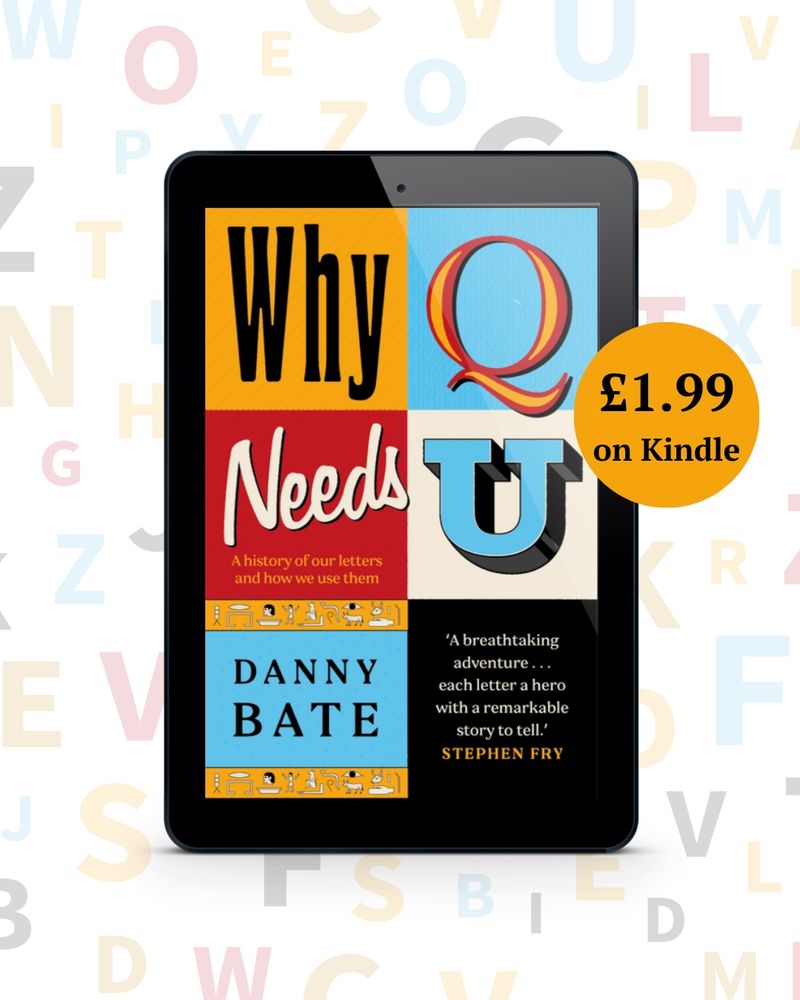

www.thetimes.com/culture/book...
This makes it related to various European words for buying, like Dutch kopen and Czech koupit.

This makes it related to various European words for buying, like Dutch kopen and Czech koupit.
🧵 1/10
🧵 1/10


www.amazon.co.uk/Why-Needs-hi...

www.amazon.co.uk/Why-Needs-hi...

(I wonder how many different places we can get world linguistics day wishes from this year!)
(I wonder how many different places we can get world linguistics day wishes from this year!)
(I wonder how many different places we can get world linguistics day wishes from this year!)
Check out this episode from the archives on more proto-languages and what we can and cannot know about ancient peoples from comparing modern languages:

Check out this episode from the archives on more proto-languages and what we can and cannot know about ancient peoples from comparing modern languages:

I reckon if @susiedent.com told us to spell realise as realize, we might listen

I reckon if @susiedent.com told us to spell realise as realize, we might listen
www.youtube.com/watch?v=4XQi...

www.youtube.com/watch?v=4XQi...
A great chat, freely available here:
pod.link/1703401848/e...

A great chat, freely available here:
pod.link/1703401848/e...



(Or several languages you love, I know it's hard to pick!)
(Or several languages you love, I know it's hard to pick!)
In our latest episode we get enthusiastic about figuring out Proto-Indo-European with @dannybate.bsky.social!





![R. H. Bing (October 20, 1914 – April 28, 1986)[1] was an American mathematician who worked mainly in the areas of geometric topology and continuum theory.](https://cdn.bsky.app/img/feed_thumbnail/plain/did:plc:cyyd366g3hrxp5rynixm2mm3/bafkreid62wy3dekb2kzbisjfdlimlb35j4rlgew5iof7vi32byfszmg26a@jpeg)
![Bing's father was named Rupert Henry, but Bing's mother thought that "Rupert Henry" was too British for Texas. Thus she compromised by abbreviating it to R. H.[5] Consequently, R. H. does not stand for a first or middle name.
When Bing was applying for a visa, he was requested not to use initials. He explained that his name was really "R-only H-only Bing", and ended up receiving a visa made out to "Ronly Honly Bing".](https://cdn.bsky.app/img/feed_thumbnail/plain/did:plc:cyyd366g3hrxp5rynixm2mm3/bafkreigmfj53q4uy33spga2bxdkllqm3ag5sffovg5g7ddmu3vqzkb6k24@jpeg)